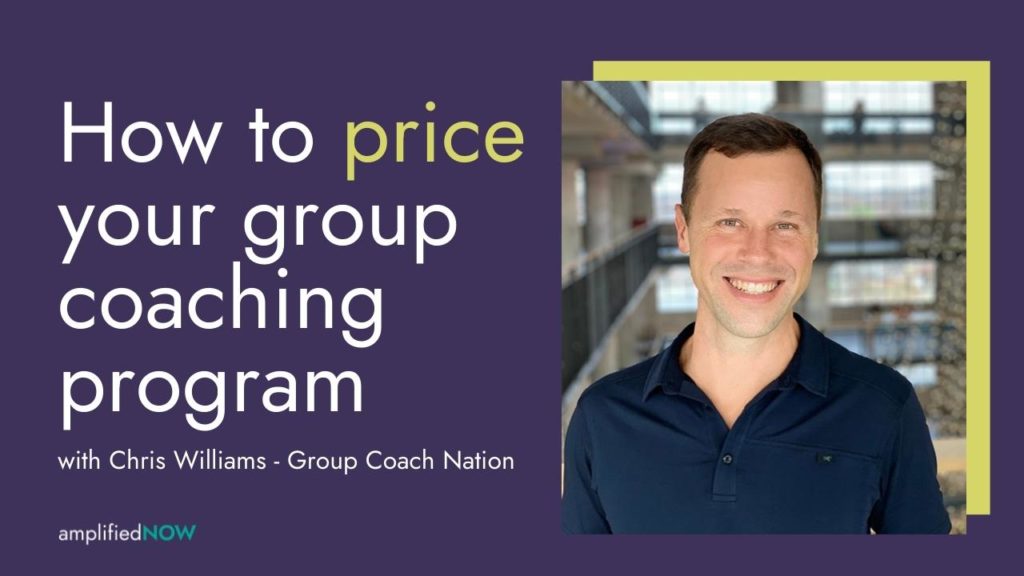How to Navigate Difficult Conversations as a Business Coach or Consultant
The Benefits of Difficult Conversations
Let’s face it, nobody likes tough conversations but as a business coach, turning a blind eye is not an option. In fact, these difficult conversations can help you build stronger relationships with your clients, as well as help them grow and improve their business.
The Dos and Don’ts
When it comes to having difficult conversations, it’s essential to keep a few key dos and don’ts in mind.
- Do listen actively – this means really hearing what your client is saying, and acknowledging their feelings and perspective.
- Don’t talk over or interrupt your client – let them finish their thoughts before responding.
- Do use “I” statements – this helps your client understand your perspective, without sounding accusatory or confrontational.
- Don’t make it personal – stick to the issue at hand, and focus on helping your client find a solution.
Strategies for Success
As a business coach, there are several strategies you can use to help facilitate difficult conversations with clients.
- Start with a positive note – highlighting what your client has done well can help minimize defensiveness and open them up to constructive criticism.
- Get curious – ask questions to help your clients understand the impact of their actions or inaction.
- Explore alternatives – work collaboratively with your client to explore possible solutions and help them identify the best course of action.
- Mutual accountability – agree on next steps and follow up regularly to ensure they are being implemented effectively.
External Resources
If you’re struggling to have difficult conversations, don’t worry; you’re not alone. There are plenty of external resources available to help you develop these important skills. Here are a few:
- TED Talk on Disagreeing Productively
- Harvard Business Review article on having difficult conversations
- Forbes article on navigating difficult conversations with your boss
In Conclusion
Let’s be real – difficult conversations are never going to be easy. But with a little bit of preparation and practice, you can navigate them like a pro. Remember, as a business coach or consultant, it’s your job to support, guide, and challenge your clients to help them grow their business. Difficult conversations are just one tool in your arsenal to help you do that successfully. So don’t shy away from them – embrace them as an opportunity for growth and learning, both for you and your clients. Use the strategies outlined above, and don’t be afraid to seek out external resources for further development. With time and practice, you’ll become more confident and skilled in having difficult conversations, and your clients will benefit from your expertise and guidance.


